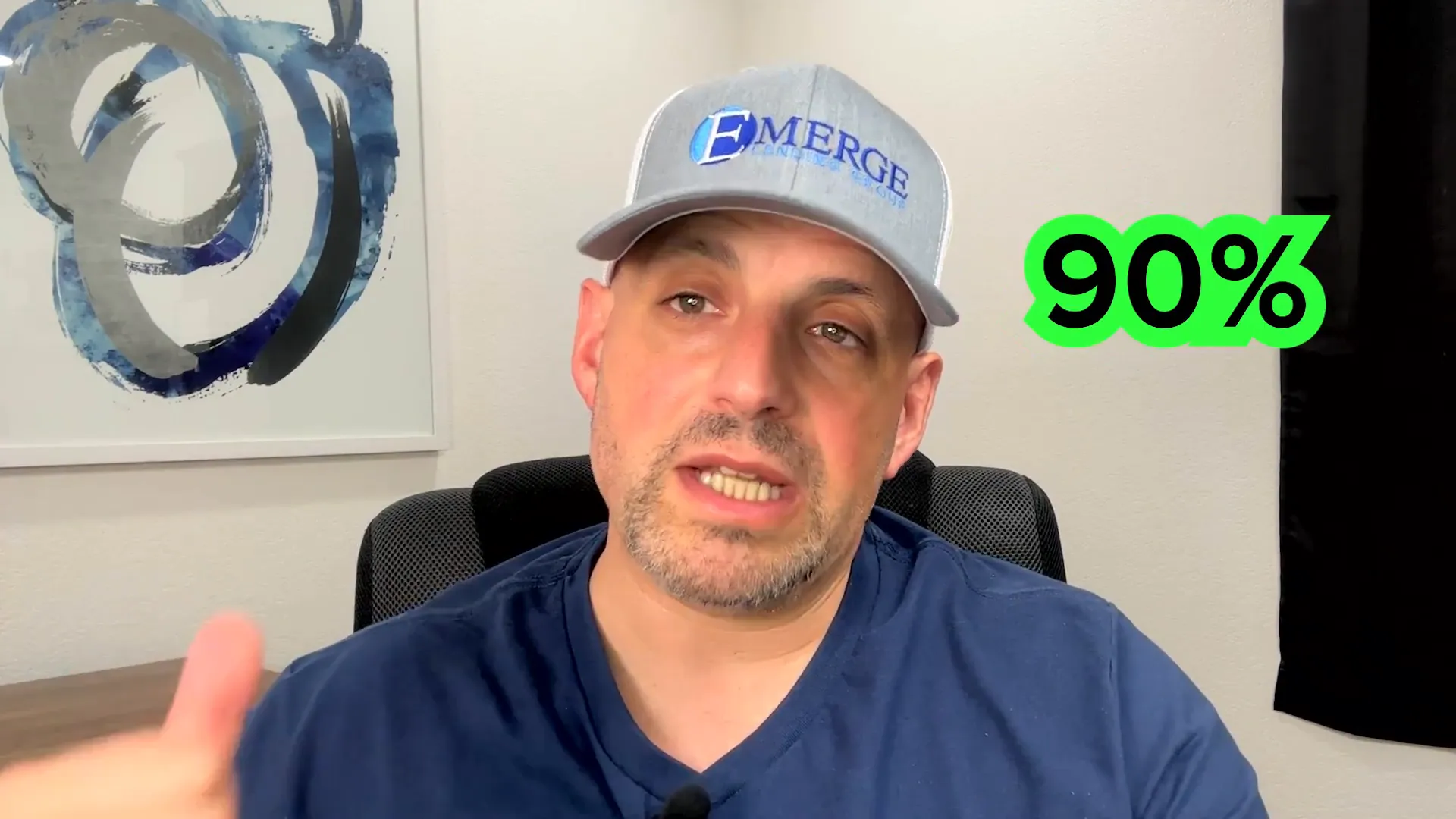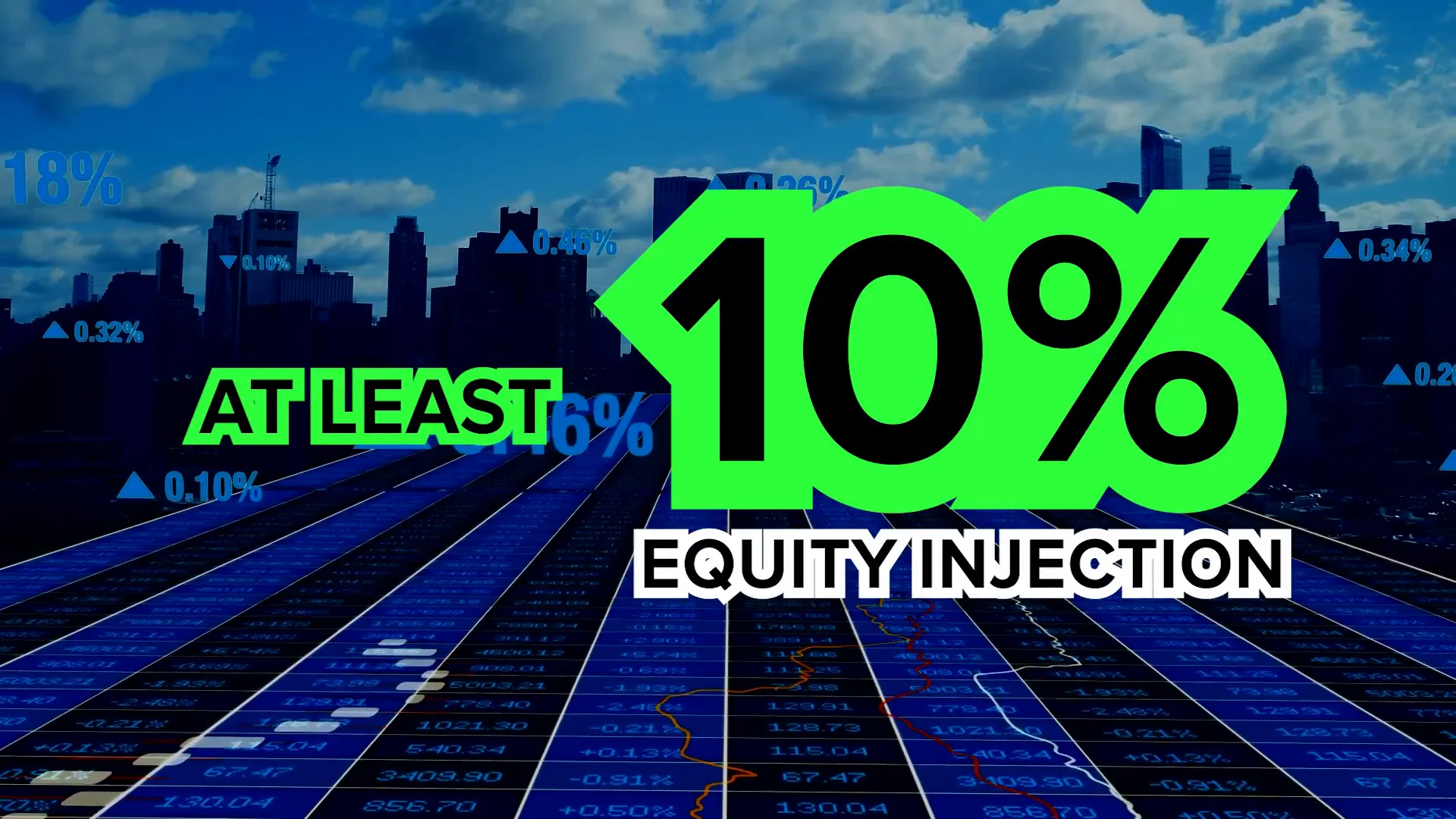Are you a real estate investor or business owner looking to expand? Navigating the maze of SBA loans can be daunting, but understanding how to find the right lender can make all the difference. In this article, we’ll explore the essential steps to identify the best fit for your SBA loan request, drawing from over 25 years of experience in commercial lending.
Understanding Different Types of Lenders
The first step in your SBA loan journey is to understand the different types of lenders and their underwriting processes. There are two main categories:
- Direct Lenders (PLP): These lenders can underwrite loans in-house, providing you with a more streamlined process.
- Non-Delegated Lenders: These lenders send your loan file to the SBA for approval, which may add time to the process.
It's crucial to determine whether you’re dealing with a direct lender or a non-delegated lender. Some lenders may have additional requirements that don’t align with the standard operating procedures (SOP) set by the SBA. For instance, they may not finance business acquisitions without collateral or have specific preferences for certain industries.

The Role of Commercial Mortgage Advisors
As a commercial mortgage advisor, I often liken our role to that of a quarterback in the SBA loan process. We guide you through the complexities of the application, helping to assemble a robust loan package that highlights the strengths and addresses the weaknesses of your deal.
When you first reach out, we'll conduct an initial consultation to dive deep into your loan request. Are you purchasing just a business? Does real estate factor into the equation? What type of business are you considering? These questions are vital in determining whether an SBA 7(a) loan or a 504 loan is more suitable for your situation.
Caveats Within SBA Lending
There are several caveats and nuances within SBA lending that potential borrowers should be aware of. For example, if you’re acquiring a restaurant and the new buyer lacks restaurant experience, many banks will decline the loan due to perceived risk. However, some lenders may still be open to such a deal.
Understanding these nuances can save you a lot of time and effort. For instance, if you’re considering financing a painting company with minimal collateral, you may face what’s known as a collateral shortfall. Some banks will require additional collateral to secure the loan, while others may be more flexible.

Importance of Seller’s Tax Returns
When it comes to business acquisitions, one critical component is obtaining the seller's tax returns for the past three years, along with a current interim statement. This financial documentation will dictate whether the cash flow from the existing business can support the new loan.
In many cases, SBA guidelines allow for financing up to 90% of the total project cost. This total project cost may include the purchase price, working capital, and even the SBA guaranteed fee and closing costs. Knowing how to leverage this financing can significantly impact your deal structure.

Structuring Your Deal for Maximum Leverage
When navigating the SBA loan landscape, structuring your deal for maximum leverage is vital. Some lenders may allow for a seller carry-back, where the seller agrees to finance a portion of the purchase price. This can reduce your upfront cash requirements significantly.
Additionally, some investors may be willing to partner with you, providing the necessary equity injection to help facilitate the acquisition. In fact, there are numerous investment groups eager to support these types of business ventures.

The Impact of Collateral Shortfall
Collateral shortfalls can create significant challenges when seeking SBA loans. If you’re acquiring a business with little to no collateral, banks will often look for additional security. This requirement can complicate your financing options, especially if you don’t have other assets to leverage.
Understanding how different lenders interpret collateral requirements is essential. Some may be more lenient, while others strictly adhere to the SBA guidelines, requiring additional collateral to secure the loan.

Real Estate Involvement in SBA Loans
If your business acquisition involves real estate, you may have the opportunity to secure a longer fixed-rate term through a 504 loan. However, keep in mind that 504 loans do not allow for working capital, which can impact your overall strategy.
In some cases, combining a 504 with a companion 7(a) loan can provide the best of both worlds, allowing you to finance both real estate and working capital in one deal.
Working with a Commercial Mortgage Advisor
One of the most important steps in the SBA loan process is working with a commercial mortgage advisor who understands the intricacies of various lenders. This knowledge can save you valuable time and energy, ensuring that you find the right fit for your unique situation.
Going to one bank and receiving a decline can be disheartening, especially when another lender may have approved your request. A commercial mortgage advisor can help you navigate these waters and avoid potential pitfalls.

Understanding Lender Preferences
Each lender has its own appetite for risk and preference for specific industries. Knowing this information can be crucial when applying for an SBA loan. For example, lenders may have different requirements for franchises compared to startups.
The SOP typically indicates that a minimum of a 10% equity injection is required for startups, but many lenders prefer a 15% or 20% equity injection. Understanding these nuances will help you approach the right lenders for your specific needs.

Navigating the SBA Process
As you navigate the SBA loan process, remember that the right guidance can make a significant difference. Working with an advisor not only simplifies the process but also enhances your chances of securing the financing you need.
At the end of the day, it’s about helping you understand your unique situation and providing the resources and information you need to make informed decisions.
Importance of Financing and Leverage
Financing plays a crucial role in your business ventures. Understanding how to structure deals with low to no money out of pocket can open up numerous opportunities. For instance, utilizing seller carry-backs and investor contributions can significantly reduce your cash requirements.
With many baby boomers retiring, now is an excellent time to explore acquisitions of small businesses. Many owners will be looking to pass on their businesses, and this presents a fantastic opportunity for savvy investors.

Finding Off-Market Deals
In addition to traditional business brokers, finding off-market deals can be incredibly beneficial. Many business owners may not publicly list their businesses for sale but are open to offers. Building relationships and networking can lead to these hidden opportunities.
Word of mouth can also be a powerful tool. If you have connections with local businesses that provide services you use, they may know of other business owners looking to sell.
Conclusion
Navigating the SBA loan process doesn’t have to be overwhelming. With the right understanding of lenders, proper guidance from commercial mortgage advisors, and a strategic approach to deal structuring, you can find the best fit for your SBA loan request. Whether you're looking to acquire a business or expand your existing operations, leveraging your options effectively can lead to successful outcomes.
Don't hesitate to reach out to a professional who can help guide you through the intricacies of SBA lending. The opportunities are ripe for those willing to explore them, especially in the current market where many small business owners are looking to retire.
For more insights and resources, feel free to engage with my content, and let’s work together to make your business financing journey a success!
